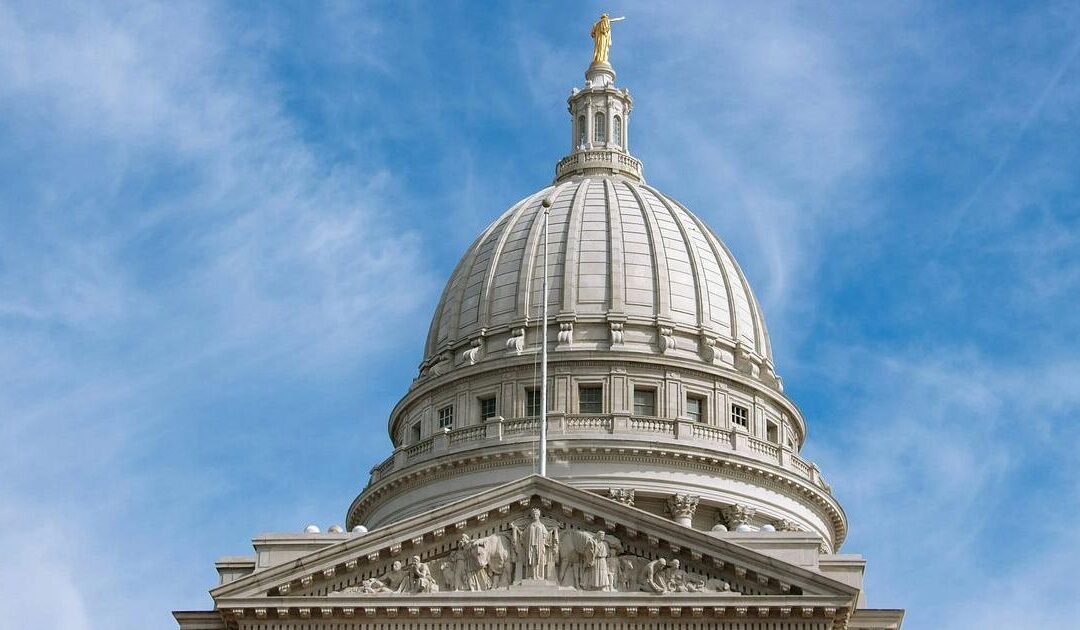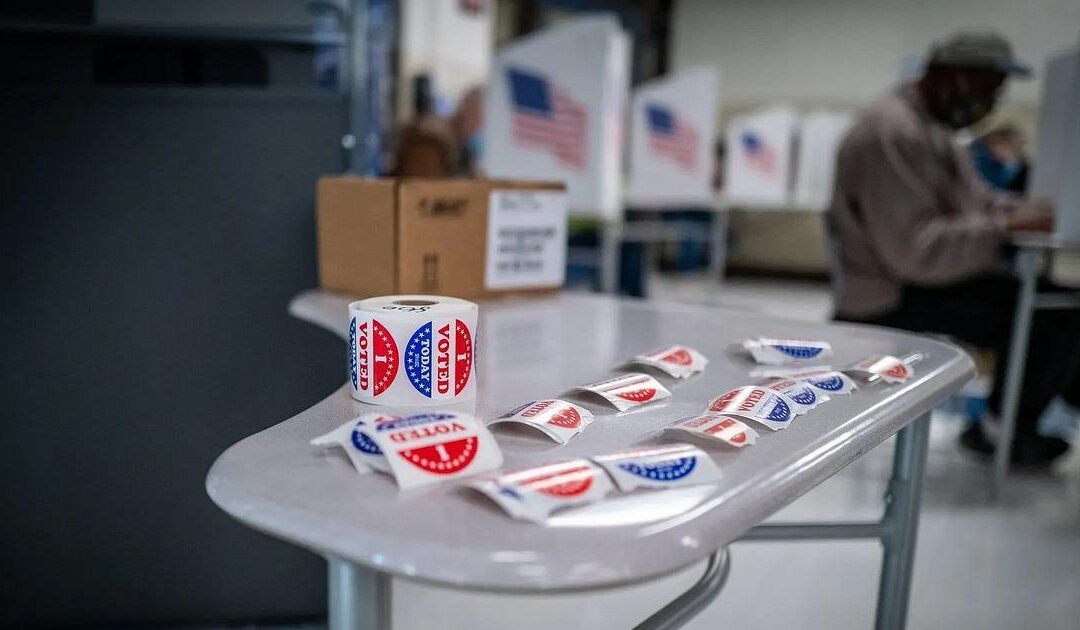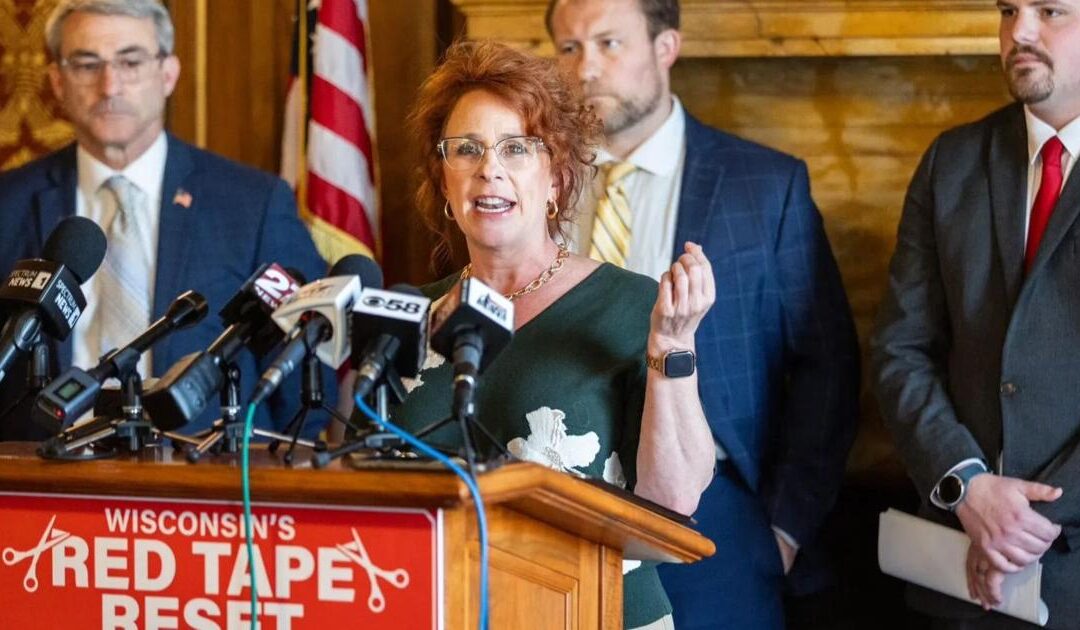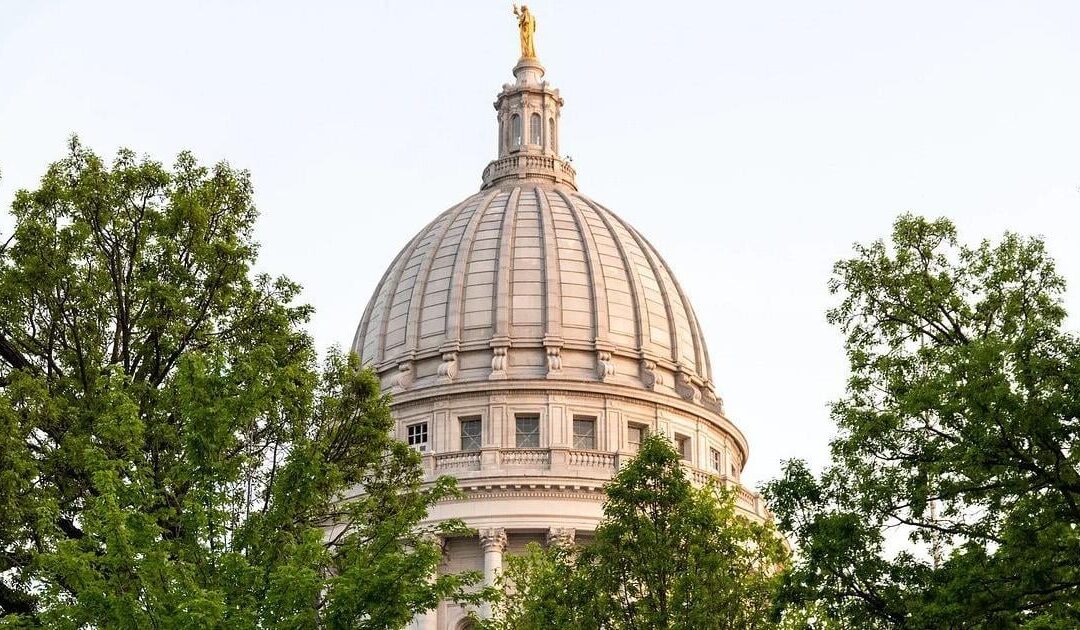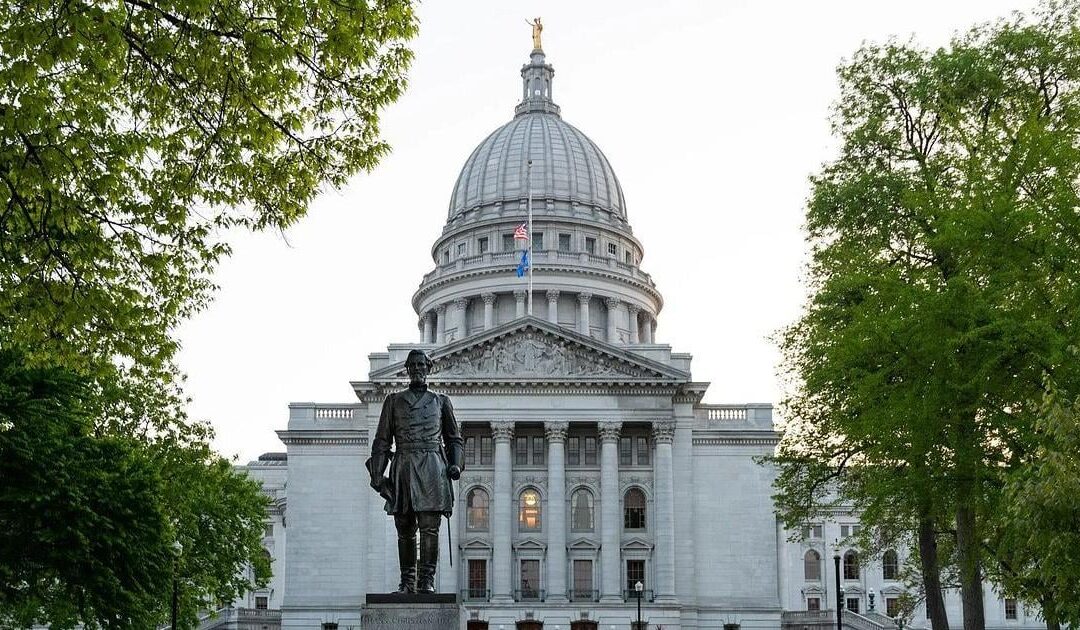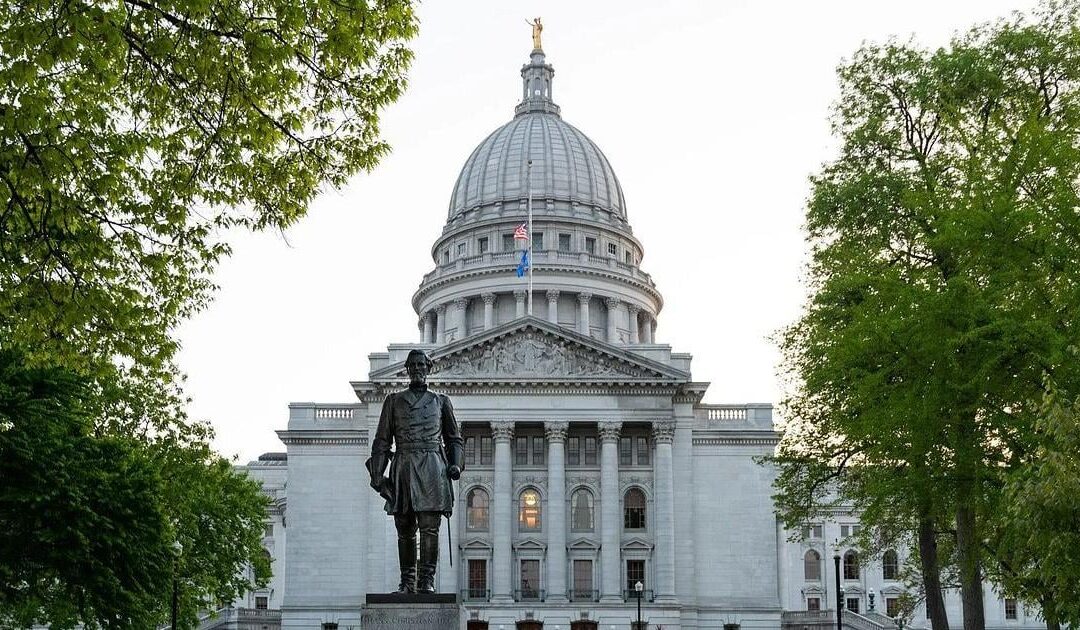(The Center Square) – Wisconsin’s sports wagering bill was not on Tuesday’s Assembly calendar or Wednesday’s Senate calendar, but Rep. Mark Born, R-Beaver Dam, said he is optimistic that the bill will reach the Assembly floor for a vote.
The bill has been waiting to reappear on the calendar since it was pulled in November, when Rep. Tyler August, R-Walworth, said that he believed the bill would have passed but that the sponsors instead decided to pull the bill to allow for further discussions.
“Discussions are ongoing and there is certainly, it’s something that is getting a lot of attention,” Born said.
The topic became heightened over the past week with the Super Bowl and when Milwaukee Bucks star Giannis Antetokounmpo announced on social media that he is a shareholder of sports prediction market app Kalshi, which is currently operating in Wisconsin while being sued by the Ho-Chunk Nation.
The proposal would change the state’s definition of “bet” to allow the state’s tribes to offer mobile sports wagering if the bettor is in Wisconsin and the sportsbook servers are on tribal land, an amendment to current compacts allowing for casino gambling and sports wagering on tribal lands despite the state’s ban on betting.
Since the bill was delayed, large operators such as Fanatics and DraftKings have opened prediction markets in the state with FanDuel saying it will as well.
Sen. Chris Kapenga, R-Delafield, is one lawmaker who opposes the bill.
“Besides the dangers of gambling addiction and its social costs, I’m not a fan of funneling more money to one party that holds a monopoly on sports wagering in Wisconsin,” Kapenga wrote in a newsletter. “The Governor has expressed support for this proposal and has tremendous power over its outcome. I certainly wouldn’t want to bet the house on him doing the right thing.”





